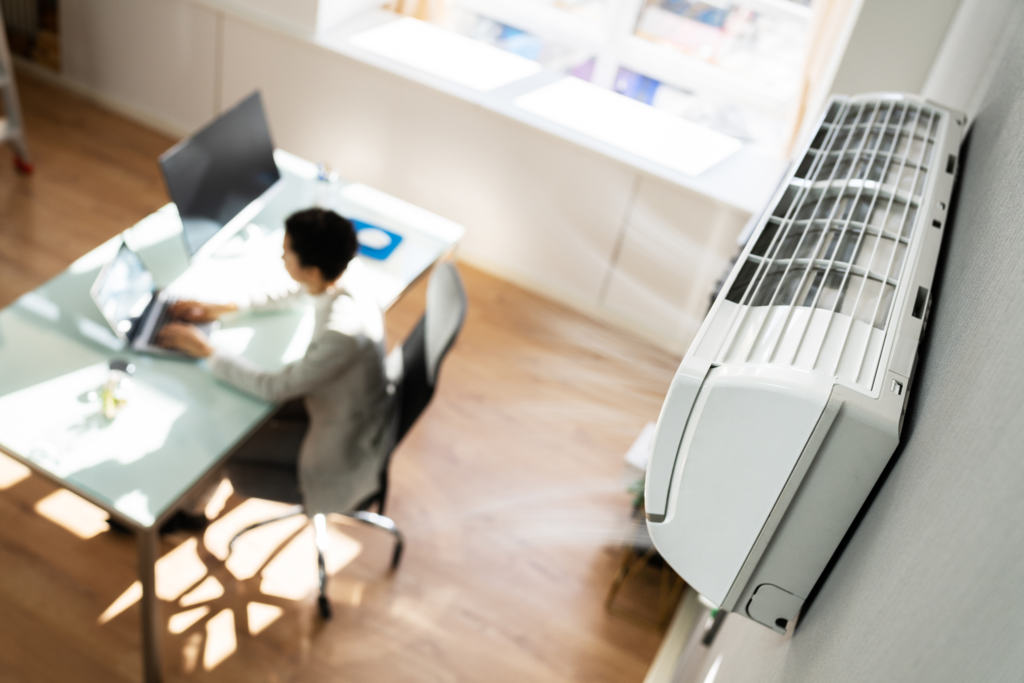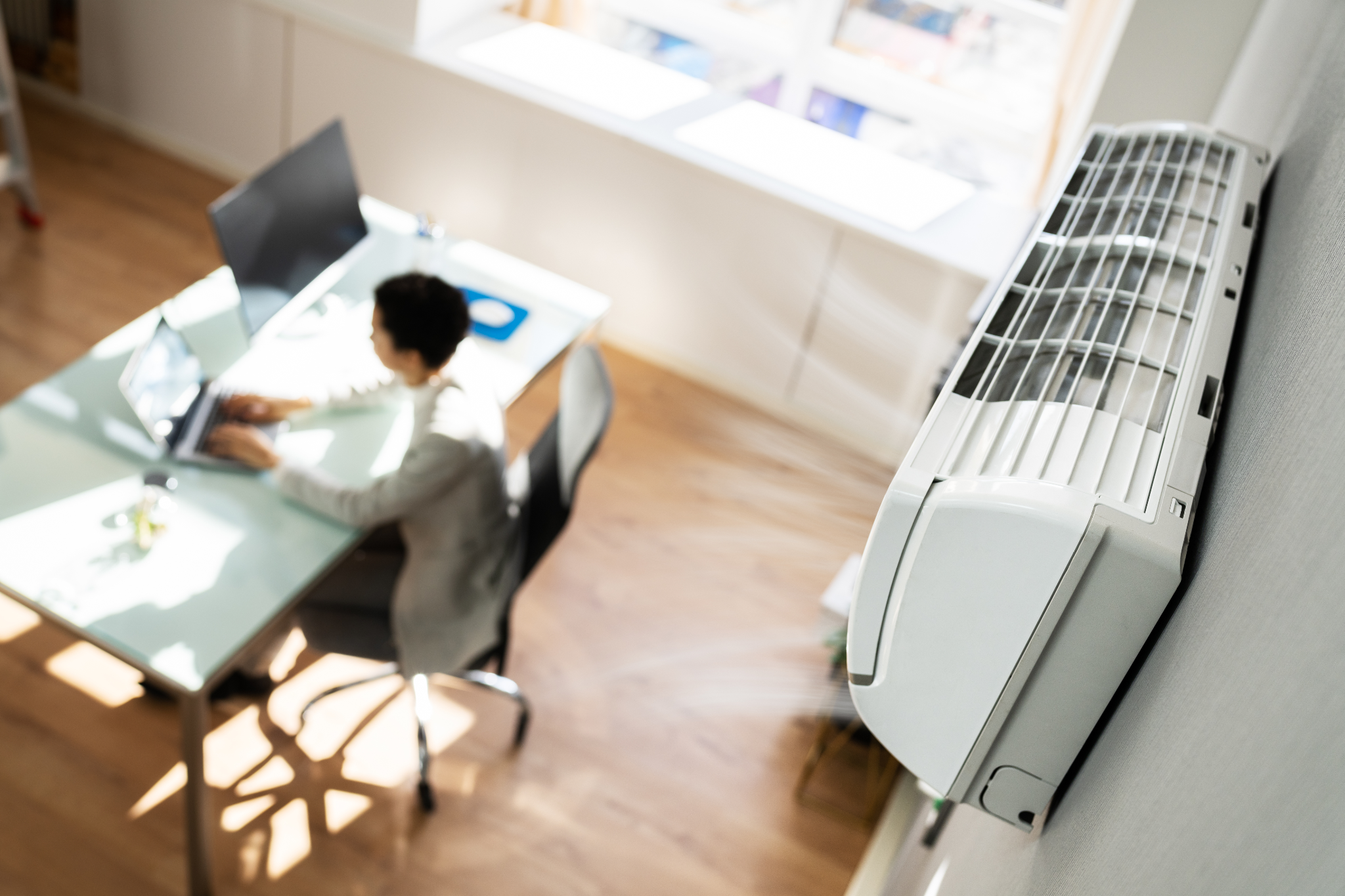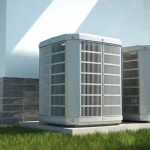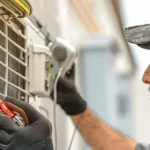HVAC (Heating, Ventilation, and Air Conditioning) systems are crucial in creating a healthy and comfortable workplace environment. In addition to controlling temperature and humidity levels, HVAC systems help maintain good indoor air quality. This is important because poor indoor air quality can significantly negatively impact the health and productivity of employees. In this article, explore the various ways in which HVAC systems contribute to creating a healthy and productive workplace environment. Consult a reputable commercial HVAC company for advice on proper HVAC maintenance and operation.

Content
Temperature Control
One of the primary functions of HVAC systems is to regulate the temperature inside a building. Maintaining a comfortable temperature is essential for ensuring employees can work without discomfort. Extreme temperatures can lead to fatigue, dehydration, and other health issues, all of which can hamper productivity. HVAC systems allow for precise temperature control, ensuring that the workplace remains comfortable and consistent throughout the day.
Humidity Control
HVAC systems also help regulate humidity levels inside a building. High humidity can lead to mold growth and promote the spread of bacteria and viruses, while low humidity can cause dry skin, headaches, and respiratory issues. By keeping humidity levels within the recommended range of 30-60%, HVAC systems help maintain a healthy indoor environment for employees.
Air Filtration
In addition to temperature and humidity control, HVAC systems also play a critical role in filtering out pollutants and contaminants from the air. These include dust, allergens, bacteria, and viruses, all of which can negatively impact indoor air quality. By continuously circulating and filtering the air, HVAC systems help remove these harmful particles and ensure that the air inside the workplace is clean and healthy.
Ventilation
Proper ventilation is crucial for maintaining good indoor air quality. HVAC systems facilitate the exchange of stale indoor air with fresh outdoor air, helping remove toxins and improve the overall air quality. This is especially important in modern workplaces where windows are often sealed shut, making it necessary for HVAC systems to provide adequate ventilation.
Energy Efficiency
Besides creating a healthy and comfortable workplace environment, HVAC systems contribute to energy efficiency. These systems can optimize energy consumption and reduce utility costs by utilizing advanced technologies such as variable speed drives and smart controls. This benefits the environment and helps businesses save money in the long run.
In today’s fast-paced and competitive business world, creating a healthy and productive workplace environment is crucial for the success of any organization. HVAC systems play a vital role in achieving this by regulating temperature and humidity levels, filtering air pollutants, providing ventilation, and promoting energy efficiency. Contact your trusted local HVAC company today for expert HVAC services.

Christine Kelley is a dedicated home blogger who has been blogging for over six years. She covers everything home related. Christine also loves writing posts about her travels to Europe with her husband and two children.








